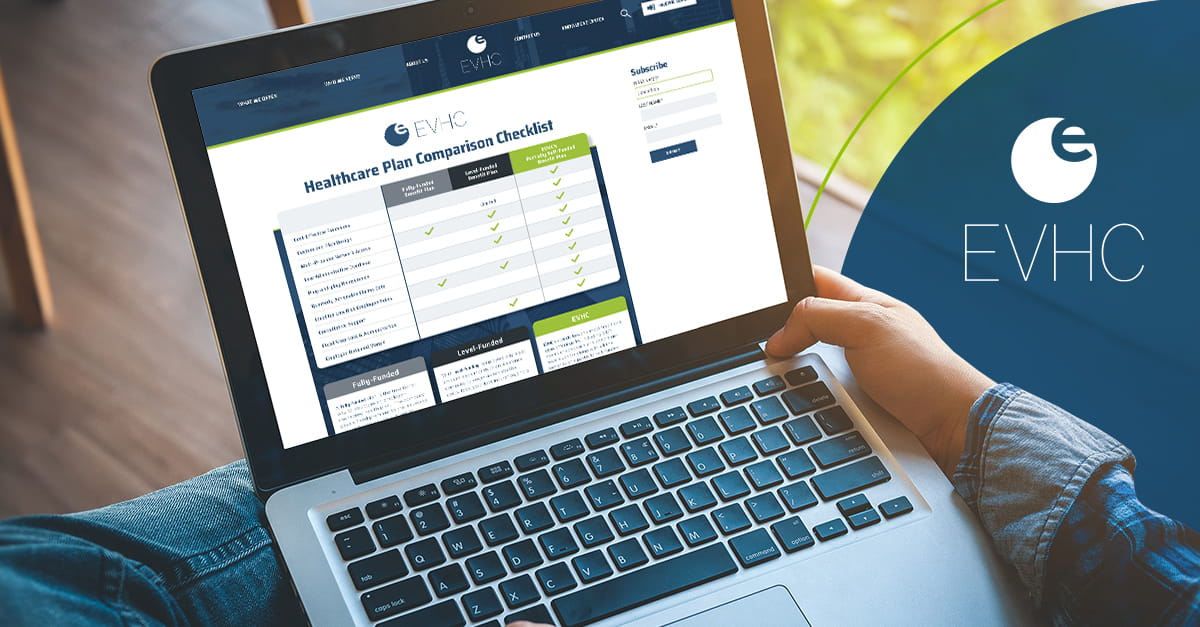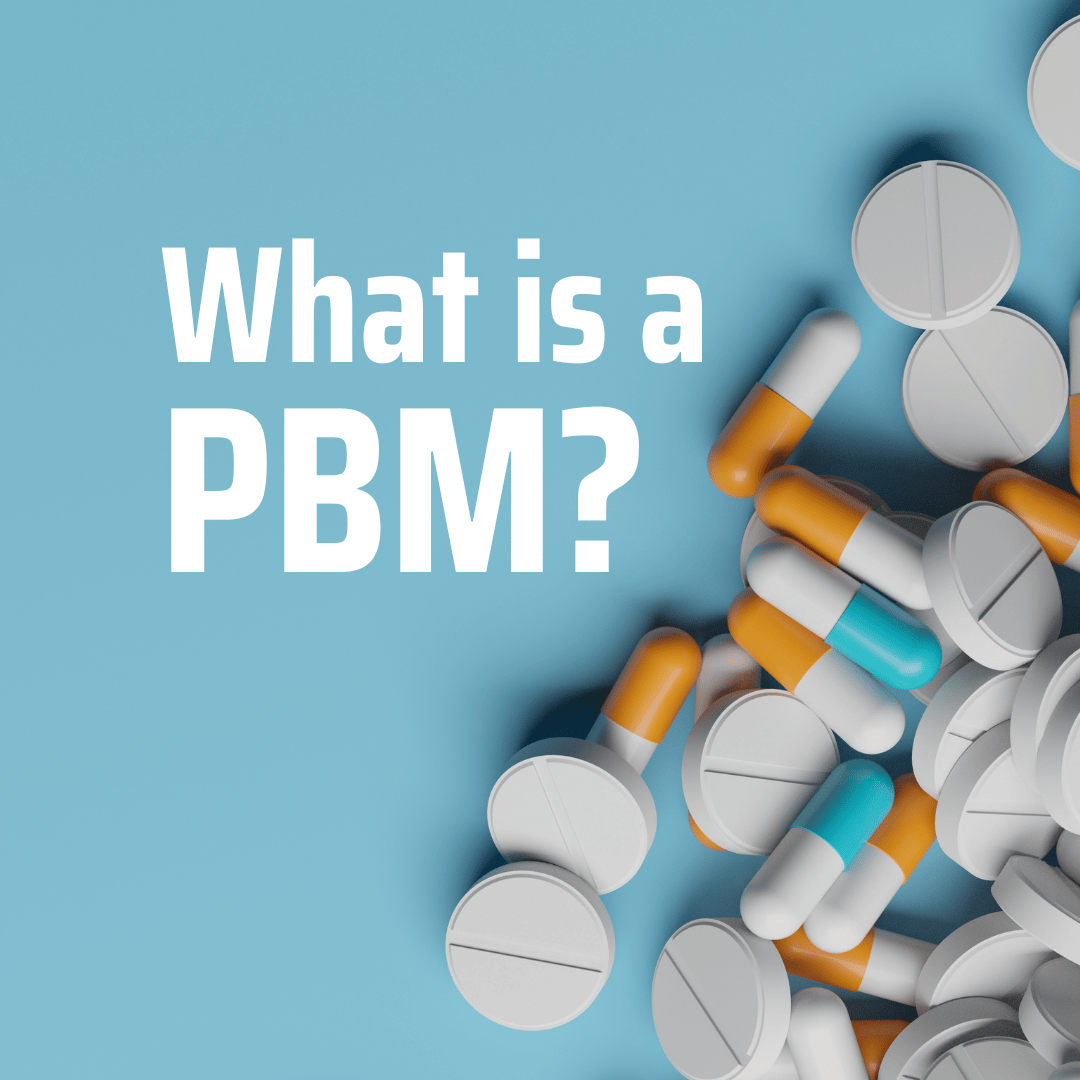
Renewal season is coming quicker than you think, and your clients have some big decisions to make. You’ve spoken with multiple HR directors and know their CFO’s are trying to figure out how to budget for yet another double-digit healthcare premium increase. You can’t wait to show them a new solution and what benefits self-funded healthcare insurance has to offer.
But is the way clear for your clients to truly embrace a self-funded plan?
If you’ve done your homework, you have the reports, analyses, and options that should make the decision easy for the client. But to pave the way for clients to sign on the bottom line, you need to consider five things to make sure you seal the deal.
Have you ever bought a car sight unseen? Or made a $10,000 impulse purchase? Probably not. Most likely, you did your research, checked your budget, and analyzed buyer reviews before you signed on the dotted line. The same is true with self-funded insurance. If your client isn’t familiar with the concept, they’ll need some coaching. They may be astounded by the cost savings but have questions you’ll want to address before they are comfortable moving forward. You can help by scheduling multiple meetings to bring them up to speed with the concept. As their interest grows, you can book more meetings on their calendar and send them valuable information that will pique their interest. Assesing your clients risk, risk tolerance, and how employees will appreciate the program are important topics to discuss during these meetings.
Self-funded plans have great advantages, but they do require a change in thinking. You can help your client see the plan’s benefits by helping them envision how their decisions and daily workflow will change. You can assure them that employees will receive the same great care they have now with access to the same providers. But you also need to tell them what’s in it for them. Will they have fewer administrative headaches? How will they apply the new analytics you provide them? How much time will they save? In short, give them practical applications of how their lives will change – for the better.
While a relationship with the HR Manager is critical to accepting a self-funded program, they typically don’t control the money or sign contracts. HR Managers are crucial to ensuring that employees adopt and make full use of the plan. They may also have a great influence on the CEO or CFO, so make sure you have a great relationship with them. But you also need to influence, inform, and sell the plan to the executive decision-maker. Find out who has signing authority in advance.
If your potential client is already purchasing a traditional healthcare plan, chances are they can afford (and will financially benefit from) a self-funded healthcare plan. You’ll be armed with reports and analytics that show their cost savings and contributions to the bottom line. But even though they can afford it, you may get an inkling that the timing is off. Is the HR Manager on board with the concept? Are there managerial or C-Suite changes in progress? Or are they embedded in their current plan, carrier, or broker? Make sure you check in with the decision-makers involved as you introduce the subject. Today may not be the best time for them to accept a new type of plan – but keep the door open for when they’re ready to save money, satisfy employees, and solve their administrative nightmares.
Whether you’re new to selling self-funded insurance or an old pro, it never hurts to bring an expert to the table. EVHC has deep experience in self-funded programs and our subject matter experts are here to help. With your knowledge of the client and the local market, combined with our knowledge of national trends and successful client experiences, together we make for a powerful combination at your next client meeting. We can answer in-depth questions about the financial impact on your client, plan options, employee acceptance, and examples from other clients who’ve opted for a new way of thinking about healthcare. Reach out to us. We’re here to help.

